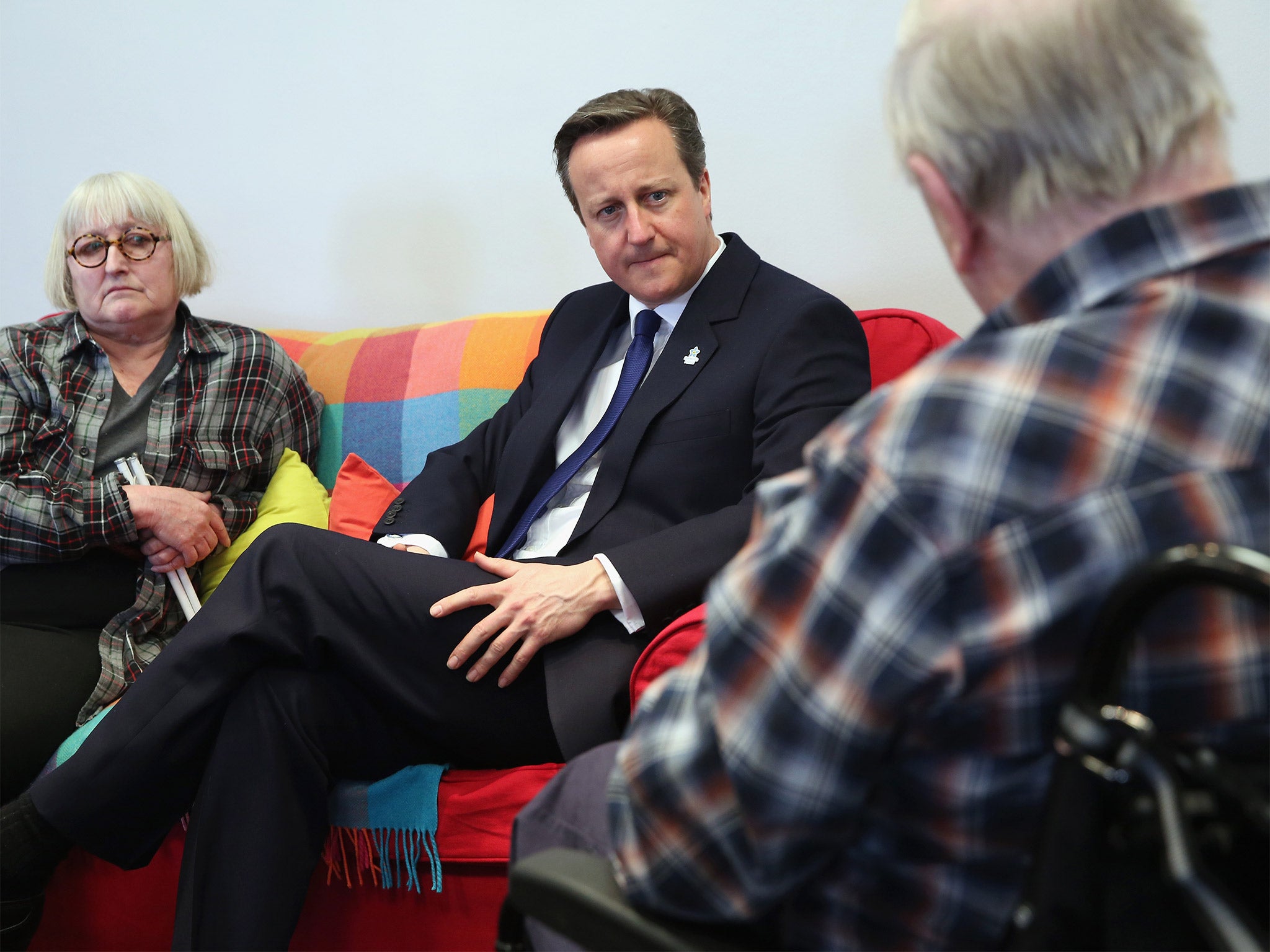Thoughts of his legacy prompted David Cameron’s quit admission
"He is saying he has no intention of leaving after the referendum"


Your support helps us to tell the story
From reproductive rights to climate change to Big Tech, The Independent is on the ground when the story is developing. Whether it's investigating the financials of Elon Musk's pro-Trump PAC or producing our latest documentary, 'The A Word', which shines a light on the American women fighting for reproductive rights, we know how important it is to parse out the facts from the messaging.
At such a critical moment in US history, we need reporters on the ground. Your donation allows us to keep sending journalists to speak to both sides of the story.
The Independent is trusted by Americans across the entire political spectrum. And unlike many other quality news outlets, we choose not to lock Americans out of our reporting and analysis with paywalls. We believe quality journalism should be available to everyone, paid for by those who can afford it.
Your support makes all the difference.What on earth was David Cameron doing when he sparked a frenzy of speculation about his departure date and the Tory succession? The question was on many lips at Westminster today.
“He was shooting from the hip – it was a cock-up,” said one Conservative Cabinet minister, departing from the official line that Cameron was merely giving a straight answer to a straight question in a BBC interview.
Some Tory MPs saw his unguarded remarks as part of a “Save Dave” campaign – to remind critics tempted to oust him after a poor election result in May that he would not hang around for ever. But such a message would cut little ice with his enemy within.
The most plausible explanation is that the BBC’s question triggered his desire to dispel the growing impression at Westminster that he might stand down soon after the in/out EU referendum he has promised in 2017.
If his recommendation were rejected by the public, he would probably have to quit. What he was really saying on Monday was that he has no intention of leaving after winning the referendum. But he had not thought through the consequences of saying it.
Cameron made clear yesterday that he has other projects in mind, and does not want to go down solely as the leader who resolved Britain’s relationship with Europe and cleared the deficit. “I don’t want my political epitaph to be that I balanced the books and cleared up the mess I inherited,” he said. “I want a different kind of Britain – a country with the right values.”
Join our commenting forum
Join thought-provoking conversations, follow other Independent readers and see their replies
Comments